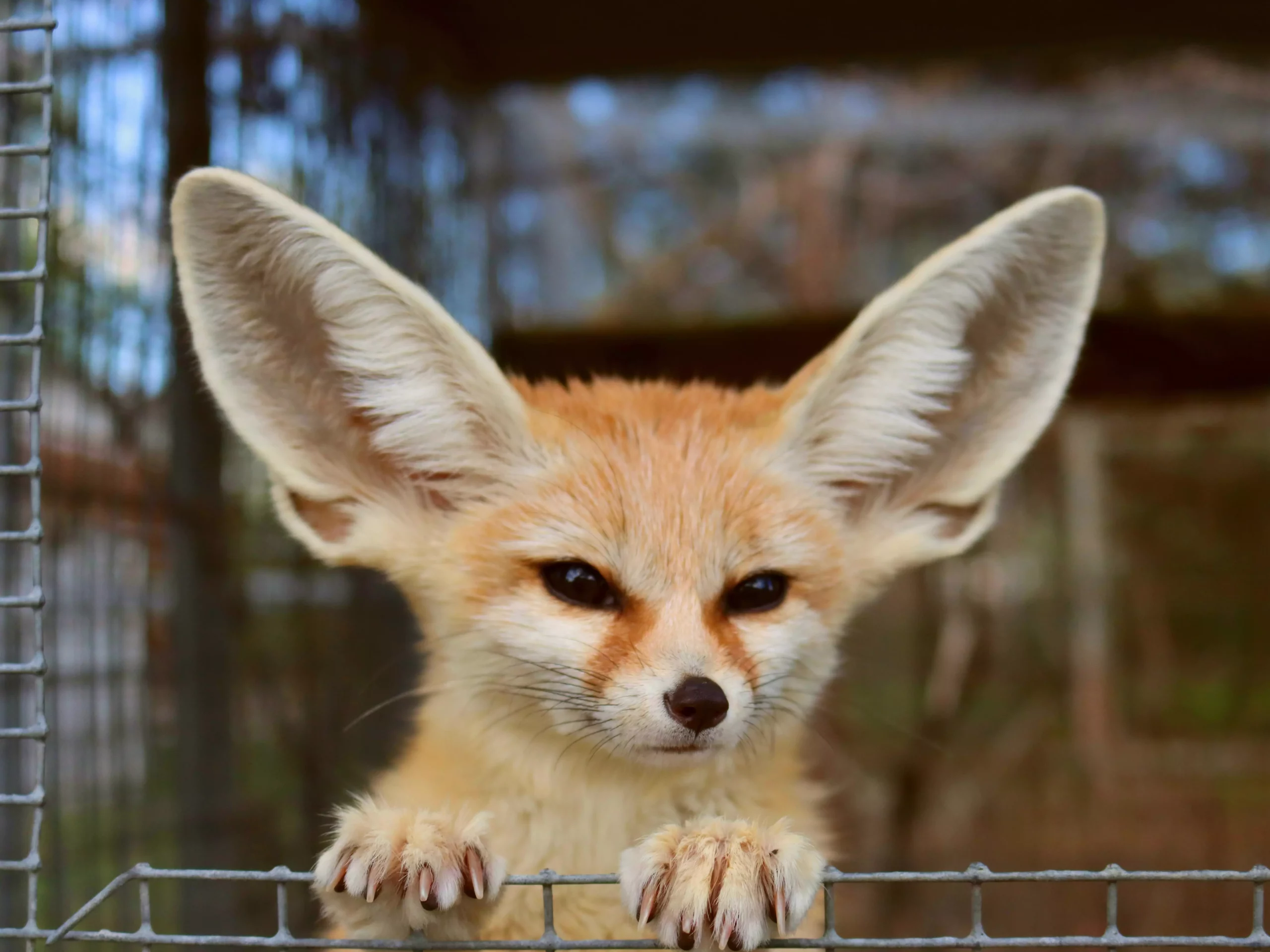Fennec foxes, known scientifically as *Vulpes zerda*, are charming little creatures that hail from the arid expanses of North Africa, particularly the Sahara Desert. With their strikingly large ears and petite frame, they are symbols of adaptability in harsh environments. However, despite their allure, fennec foxes come with a slew of challenges when considered as pets. Understanding their requirements, behavior, and the emotional toll on owners is crucial for anyone contemplating fennec fox ownership.
Fennec foxes exude a playful and energetic demeanor that can easily captivate potential owners. Their behavior is reminiscent of small, lively dogs, often engaging in interactive play and exploring their surroundings. However, it is imperative to recognize that these foxes retain their wild instincts, making them different from traditional domesticated pets. Unlike cats or dogs that have evolved to cohabit with humans over thousands of years, fennecs are still very much creatures of the wild. They can exhibit skittishness and a tendency to scare easily, thanks to their status as prey in their native habitats.
One of the more notable aspects of fennec fox behavior is their nocturnal nature. These animals are most active when the rest of the household is asleep, presenting a challenge for human caretakers. Managing a pet that is full of energy during the night can be taxing and may lead to conflicts in household routines. Moreover, while human interaction is sometimes welcomed, fennec foxes typically prefer solitude during playtime. The balance between wanting companionship and valuing their independence complicates the pet-owner relationship.
Before adopting a fennec fox, prospective owners need to consider the legal landscape governing these exotic animals. Laws can vary not only from state to state but also at the local level, with restrictions that can include outright bans or require permits for ownership. It’s paramount to conduct thorough research pertaining to the legality of possessing a fennec fox in your particular area. Additionally, sourcing a fennec fox from a reputable breeder is essential to ensure that your new pet has been bred in captivity. This is a key factor that determines the animal’s adaptability to home life. Wild-caught animals can be much more difficult to acclimate and train.
Fennec foxes enjoy a varied diet largely consisting of both animal protein and vegetation in their natural habitat. When kept as pets, they can thrive on specially formulated diets designed for wild canids, or even a carefully monitored mix of dog food and fresh produce. Owners need to ensure that their fennecs receive adequate nutrients like taurine for optimal health. Regular consults with an exotic veterinarian specializing in fennec care will help tailor their diet appropriately based on factors such as age, size, and activity level.
Preventative healthcare is vital for fennec foxes. They require vaccinations similar to those given to domestic dogs, and regular check-ups can help monitor for any health conditions. Common ailments their owners should keep an eye out for include kidney, liver, and heart issues, all of which can stem from improper diet or lack of exercise.
Given their high energy levels and curious nature, creating an enriching environment for a fennec fox is vital for their well-being. Providing them with ample space to explore is fundamental; ideally, a secure outdoor enclosure allows the fox to exercise safely. Such enclosures should be meticulously designed to prevent these adept diggers from escaping, as they can burrow quite effectively. Indoor environments also need to be animal-proofed, with breakables removed and supervision emphasized when the animal is out and about.
Regular exercise is crucial, and some owners have success teaching fennecs to walk on a leash. However, the training process demands patience and resilience, as most fennecs have difficulty absorbing commands. Interactions should be varied, incorporating both playtime and explorative activities.
While the allure of fennec foxes as pets is undeniable due to their cuteness and quirky behaviors, prospective owners must weigh the challenges against the rewards. These foxes can bring joy and amusement, but they are not simple pets that assimilate easily into a typical household. The commitment needed for their care, the considerations of legality, dietary requirements, and the space for proper exercise underscore that fennec fox ownership is a serious endeavor.
Fennec foxes are enchanting animals that offer a unique companionship. However, they demand extensive knowledge, dedication, and an environment tailored to their wild instincts. For those willing to embark on this fascinating journey, a fennec can become a profoundly rewarding part of their lives.

